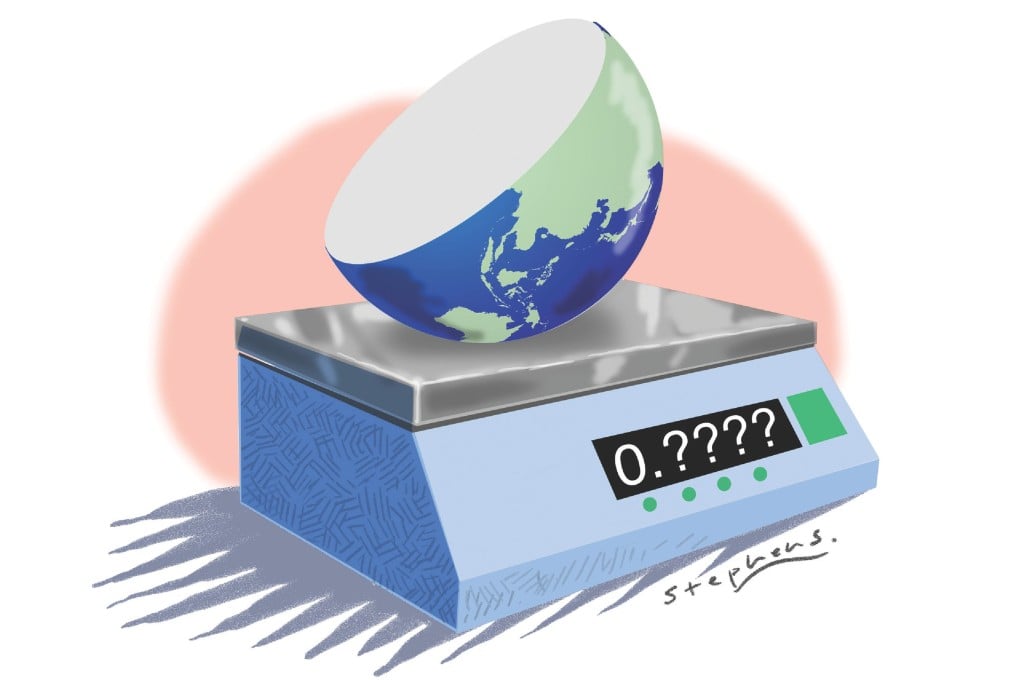Can diverse Asia truly forge shared values and a common destiny?
Kerry Brown says yesterday's debate on Asian values has become today's quest for a common destiny that, if it exists, is likely being forged among the middle classes emerging across the region

One issue that the founding father of Singapore, the late Lee Kuan Yew, did put on the international radar in the 1990s was that of Asian values. There was a lively debate between, in particular, he and the last governor of Hong Kong, Chris Patten, about what precisely these values were. A definition that everyone could accept and understand proved hard to find.
In the end, Asian values tended to circulate around issues of respect for hard work, family and social harmony. But as Patten crisply noted, that sounded like a dream combination for potential authoritarians.
While it may be framed differently now, the issue of Asian values has not disappeared. The Boao Forum, held at the end of March in Hainan and addressed by, among others, the presidents of China and Indonesia, provides one of the few grand occasions when Asia, with some outsiders, sits down and talks about itself on the so-called big issues. In theory, therefore, it should be able to shed some light on this vexed issue of what Asian values are, particularly in view of the fact that this year it carried the grand theme of "Asia's New Future: Towards a Community of Common Destiny". Surely ideas of common destiny would also involve ones of common values and beliefs?
Despite the theme, however, many of the speakers at the conference seemed to be fleeing from any attempts to trap them in specificity about this issue of "destiny". There were references to grand notions like the New Silk Road, or "One Road, One Belt" as it is also called. The Shanghai free trade zone and the plethora of other such zones being established in China was talked about exhaustively.
But once conversation strayed onto the specifics, things became blurred. Aspirations were high, but details scant. Even if people knew the destination being aimed for, they weren't that clear about how to get there.
Maybe their caution was wise. "Common destiny" even on its own is a fiendishly tough concept. It gets even harder when "Asia" is added into the equation. Two and a half millennia ago, the Greek historian Thucydides wrote that "identity of interest is the surest of bonds". But casting an eye across Asia, trying to find an easily describable "identity of interests" proves hard.
The one thing an event like Boao shows is that when Asian countries get together, they resemble a loose, straggling family with a history of violent and divisive disputes that have decided that the best option now is to maintain a sterile politeness with one another. They try to say as little as possible to avoid huge arguments flaring up. It is unsurprising that talk of common destiny or interests in this company is kept abstract. The dangers attendant on real debate could be severe, especially if it showed up sharp differences of opinion.
